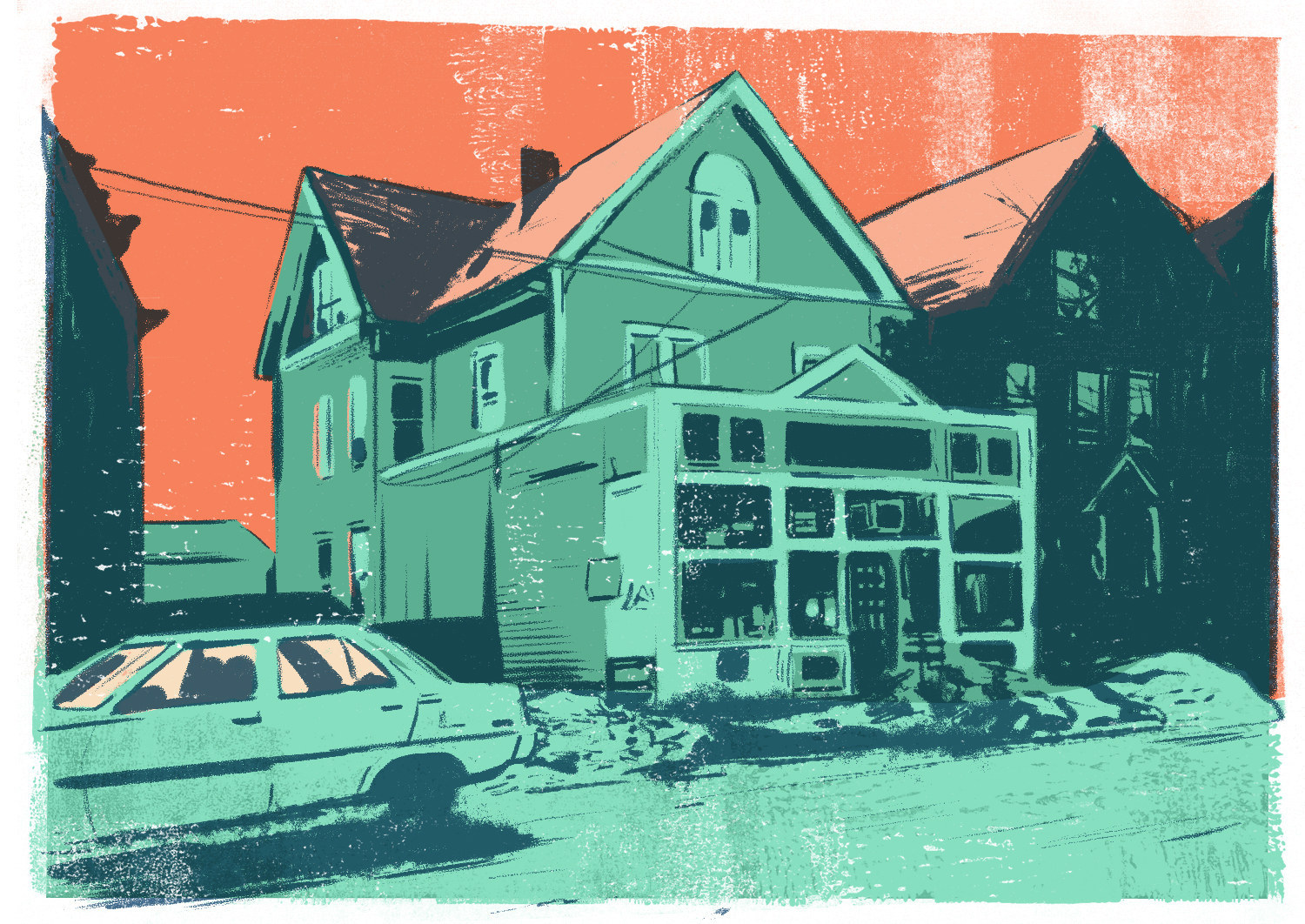Go back and read Part 1, Part 2, and Part 3.
On a rainy day last January, we took the elevator to the ninth floor of a redbrick housing complex in New Haven, Connecticut, where we thought Doreen Stiles might be living. There, Jay Z’s “Empire State of Mind” flooded the bare hallway. After several knocks on an apartment door, there was a rustling, and, eventually, a woman in sweatpants and a baggy long-sleeved shirt appeared. From her wheelchair, Stiles glared up at us. “Yes?” she asked.
Despite two decades of off-and-on coverage, Stiles had never discussed the murder of Eugenio DeLeon Vega with the media, and she was reluctant to start. Almost 20 years before, Stiles had been integral to the conviction of Ronald Taylor and George Gould in DeLeon Vega’s killing. Now, she was learning for the first time — from two reporters who had unexpectedly interrupted her evening — that Jerry O’Donnell had been convicted three months before. “I don’t fucking believe it,” she said, leaning her head on the door frame.
Stiles was central to O’Donnell’s conviction, too, and we had come, the night before his sentencing, hoping to unwind the backstory of how this once open-and-shut case had become so irredeemably tangled. First, though, we had to convince her to let us come in from the hall, where we had stood for the last 10 minutes, as Stiles asked us what we knew about what had happened to O’Donnell. Her concern seemed genuine — and the fact that we had information she wanted was, perhaps, the only thing that got us beyond her doorway.
Inside, Stiles’ austere studio apartment was tidy and institutional. Unlike most people’s homes, where entire life stories are written on walls and in curio cabinets, there were few personal effects in the room. In one corner, there was a narrow hospital bed with a red poinsettia blanket scrawled with “Season’s Greetings.” There was a television dialed into a ground-floor security camera, which played throughout our visit like an exceedingly dull reality show. On the walls, there was the Muzak of art: a print of a sun setting into the water beyond a pier, the pastel wash of a sandy shoreline. Stiles sat slightly hunched, chain-smoking Maverick cigarettes.
At 55, Stiles was contemplative and self-critical, deeply troubled by both her life’s trajectory and her involvement in the Taylor-Gould case. “Certain areas of this case I try to block out,” she said. “So if I seem dumb or stupid, I’m really not.” Some things, she honestly doesn’t remember. “I’ve been blocking it out for so many years that it’s hard sometimes to grasp it back again when it just pops up again out of the blue.”
In an hour-long interview, Stiles told us about her life before she became a central character in a crime drama she wanted no part of. She spoke about living all over Brooklyn as a girl — from Flatbush to Bath Beach — and about how, when she was 8, her parents divorced and Stiles moved with her mom and brother to Connecticut, where they had family. They moved often throughout her childhood and adolescence, but only as far as from one New Haven suburb to another. They were attractive middle-class towns like Morris Cove, Branford, and East Haven, where Stiles graduated from high school.
Stiles doesn’t give the impression that hers was a particularly troubled early life. Instead, she’s quick to reveal the “bad choices” she made in the years since. It started, she said, when she was “introduced to the wrong people” and began using. “Everyone has the ability to say no,” she said, “but sometimes it’s hard when you like something — the feeling of something.” She skips over what must have been major moments: two marriages, two kids, a move to Los Angeles, and some time in Missouri.
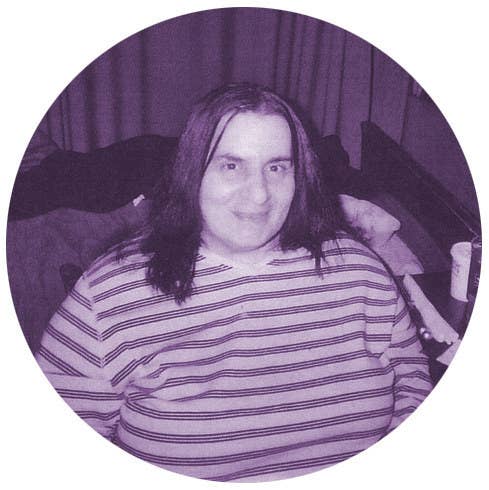
She’s pained by her own mistakes. “My kids suffered tremendously,” she said. “My whole family did.” But there are also flashes of resentment. It’s clear she feels she was exploited, not just by the cops, but by O’Donnell, and even by us: “Can I ask just one thing? What do I get out of all of this?” she asked, perhaps rhetorically. “I have no cigarettes. I have nothing to show for this whole case. Nothing. Nothing to show for anything that I’ve ever tried to do to make it right. People got bonuses over this. People got promoted. You’re writing a book. You’re going to get rich.”
Still, she was grateful to O'Donnell for tracking her down nearly a decade ago at the convalescent home. The only way he influenced her, she said, was “to come out and be honest.” What had happened to Gould and Taylor seemed to embody the most dire consequences of her personal failings. “I’ve been so upset and so mortified at what I did, and how I ruined everybody,” she said.
She said that she and O’Donnell — and even O’Donnell’s wife and daughter — became friendly over the years. They’d talk. They’d go to lunch. From time to time, he’d help her out. She even cried, she said, after learning he had cancer. “I was manipulated seriously through this whole case, but not by Jerry,” she said. “In my opinion, I can’t see someone tampering with someone who’s being honest. You can’t bribe someone who isn’t lying.”
She never saw George Gould and Ronald Taylor at La Casa Green, she insisted. She lied in 1993 to the police, and she lied during the 1995 trial. “Now I’m not lying and they won’t believe me,” she said. “But they believed me when I lied.”
She lied to the police and she lied at the trial. “Now I’m not lying and they won’t believe me.”
Yes, Stiles acknowledged, there were kindnesses over the years. They are kindnesses in keeping with the state’s case against O’Donnell, but Stiles sees them differently. Once, for example, long after Stiles recanted, when her husband was sick with liver cancer and they were living at a motel paying $1,200 a month, O’Donnell paid two months of their rent. Later, when it became clear that Gould and Taylor were going to be released from prison, she told O’Donnell that she was afraid for her safety. “I don’t know if someone’s going to blow my brains out behind what I did to these guys,” she said. “He tried to get across to me that they weren’t those kinds of people.” To Stiles, it was clear that O’Donnell was only comforting her when he suggested that Gould and Taylor would be grateful that she’d come forward; not only would they not retaliate, but they might even throw something her way. “He wasn’t saying it to make me change my story or mind,” she said. “It was not any of that.”
What about the phone calls? Had O’Donnell told her not to talk to the state’s attorney’s office? “He did,” she said. But, as was the case with O’Donnell’s alleged gifts, her view of his motivations was far different than the prosecutor’s. Stiles claimed that after Gould and Taylor were exonerated, inspectors from the state’s attorney’s office began “badgering” her. They appeared at her apartment. They showed up at her doctor’s appointments. They wanted to talk about how O’Donnell “came in and manipulated me,” she said. At the time, her husband’s illness was overwhelming. Plus, she'd stopped hearing from O'Donnell; she felt abandoned. But then he did call, she said, and told her, "'Don’t even talk to them. You don’t have to go through this. You don’t have to talk to them just because they come here.'”
She chose to, though. As Gould’s latest trial was approaching and two inspectors served her with a subpoena, she grumbled that O’Donnell had “gotten inside” her head. The inspectors then drove her to the New Haven Police Department, where she delivered her most recent muddle of a statement. She refused to sign it, she said, “Because it wasn’t true.”
So why did she give the statement in the first place? “Let me put it this way: Once it gets to a certain point, did you ever just tell somebody something they wanted to hear just to get away from the situation? Like, leave me alone? So you’re not listening to what I want to really say when I say it, so let me just say what you want me to say.” It was, she added, like 1993 all over again. “It brought back all the same things they did to me in the beginning, when they got me in there and they wouldn’t listen and they wouldn’t let me out of there. And so I said what they wanted to hear.”
With us, Stiles was convincing, just as she’d been in her original testimony some 20 years before. But if she was telling the whole truth, O’Donnell had lied — at least in part. During an interview just days before, he had been adamant. He had never given Stiles money, he’d never paid her rent. “I never heard that in all my life," he said in disbelief. "Never.” And he’d never suggested she might benefit from a potential settlement. He bought the television, but that was it. Yet here was Stiles, saying he had done those things, but for entirely innocent reasons: He had done them because they were friends.
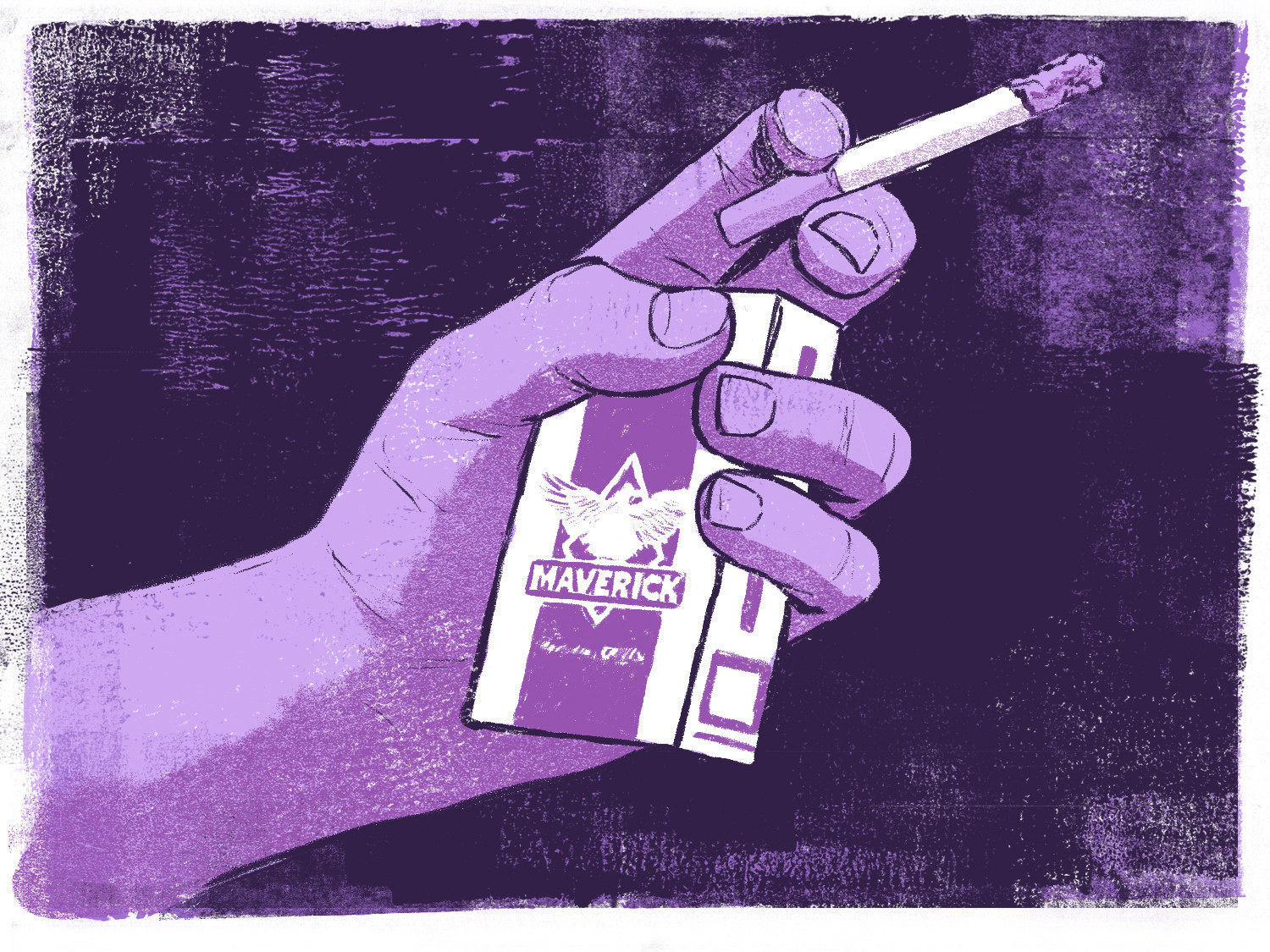
The judge responsible for O’Donnell’s sentencing was a stern, dark-haired man named James Graham. The hearing started at 10 a.m., and as relatives, friends, reporters, and the different legal teams got settled in the fluorescent-lit courtroom, Graham mentioned the 40 letters he’d received in support of O’Donnell — letters from a former law enforcement colleague, from people whose hair O’Donnell cut when he was a young barber, from the father of a girl who O’Donnell’s daughter coached on a local gymnastics team. Then Graham issued a warning to those seated in the wood benches on the other side of the bar. During a previous hearing, Mary Taylor had a minor outburst, interrupting the proceedings by announcing, “I am the wife of Ron Taylor, and Mr. O’Donnell didn’t do those things.” Graham would not tolerate such disturbances again. “You will be subject to the court’s contempt power, which includes incarceration,” he said. “If you feel yourself losing control, step outside.”
Matthew Gedansky, the state’s attorney prosecuting O’Donnell, was the first to address the judge, and in his telling, the only Doreen Stiles to be trusted was the Doreen Stiles of the ’90s; O’Donnell’s manipulation of her made him as dangerous as the most violent criminal. His logic was this: The rules matter, and this was an attack on those rules. “Without the integrity of the system, there’s no way to legitimately measure any future violent crimes,” he said. Gedansky asked that O’Donnell receive seven years behind bars.
“This is corruption at the highest levels."
Next was O’Donnell’s lawyer, a locally prominent, ponytailed criminal defense attorney named Norm Pattis. In a rambling but impassioned response, Pattis described O’Donnell as a victim of his own bleeding heart, someone who got too close to his witnesses, but who crossed a line that had never been that clear to begin with. If O’Donnell was guilty of anything, Pattis said, “it was of caring too much.” He asked for leniency, then O’Donnell rose from his chair and delivered a brief, shaky statement in which he apologized for just one thing — buying the television. “I didn’t do it to change anyone’s mind,” he said.
Graham didn’t believe it. Nor did he believe that the TV was O’Donnell’s only indiscretion. In Graham’s view, the promise of a wrongful conviction payout was O’Donnell’s greatest sin, and as a whole, he said, O’Donnell crimes struck “at the heart of the judicial process.” Then, after citing O’Donnell’s inability to take responsibility for what he’d done, Graham sentenced him to four years in prison.
Afterward, in the hallway outside the courtroom, O’Donnell’s wife, Kathy, wept. O’Donnell was there too, out on $150,000 appeal bond, and he spoke in manic bursts. “This is corruption at the highest levels,” he said.
Even Keith Wortz, who never believed Doreen Stiles’ recantation and felt that O’Donnell had traded his investigative objectivity for glory seeking, was startled by the sentence. “4 yrs!” he wrote in an email that day. “That is a lot of time in jail.”
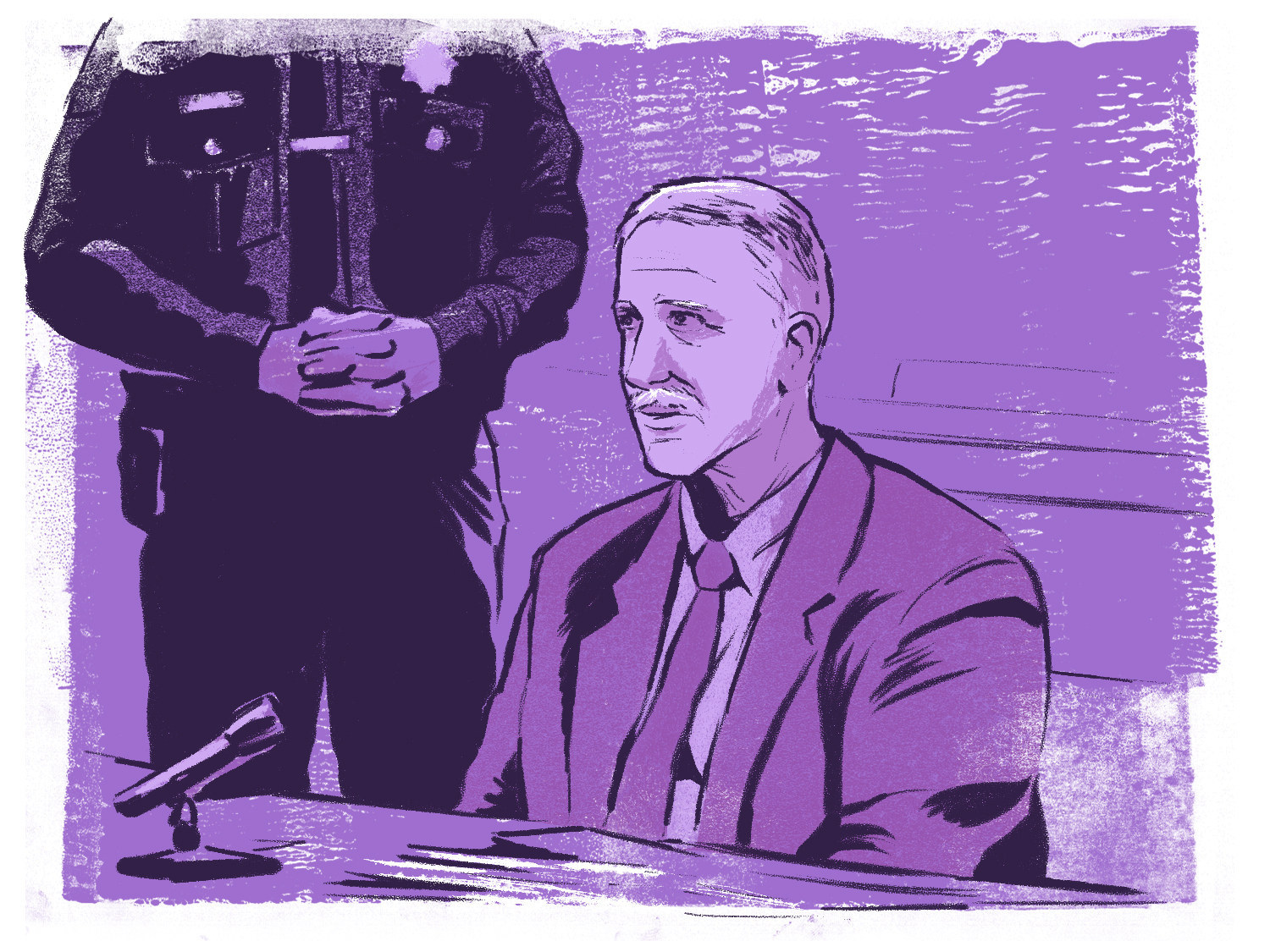
On a cold, gray afternoon last December, we visited the O’Donnells at their home in Cheshire. Though Jerry was sentenced to four years behind bars, he had remained free during the appeal process.
Wearing a Red Sox sweater and faded jeans, he nervously shuffled documents and rocked back and forth in a beige recliner, unable to follow a train of thought. Attached to the wall behind him was a tastefully matted frame containing the two-page People magazine profile about the vigilante sting he’d run at his father’s decrepit convalescent home nearly two decades ago. It’s difficult not to see the parallels: Then, O’Donnell’s go-it-alone righteousness made him a hero. Now, it had ruined his life. He didn’t even have a lawyer: He couldn’t afford a private one, and he had been told he earned too much for a public defender. O’Donnell hadn’t been able to sleep, and when he did, he often woke up yelling, flailing, and falling out of bed; the night before, he accidentally hit Kathy. “I’m not doing well,” he said.
It’s difficult not to see the parallels: Then, O’Donnell’s go-it-alone righteousness made him a hero. Now, it had ruined his life.
O’Donnell remained insistent. Buying the television wasn’t just a passing kindness, but a moral imperative. “My wife says she would have bought three of them,” he said. “What would you do?” It’s a dumbfounding question. Knowing the consequences of his purchase, it’s hard to imagine anyone thinking it was the right thing to do. How could the ability of three women, however sad and destitute, to watch daytime TV ever be equal to O’Donnell’s freedom, to his family’s savings, to the integrity of the investigation he had spent a decade building? Still, O’Donnell insisted, he would do it again.
Shortly after talking to Stiles, we asked O’Donnell about what she’d said. He seemed exasperated by the questions: Besides the television, he insisted, the only thing he’d done for her is buy cigarettes and food from Popeyes. “I did it no different for Mary [Boyd],” he said, adding, “There’s no reason for me to hide anything.” It is impossible to know what to make of the competing stories. What motivation could Stiles have to lie to us, two strangers with no power over her and nothing to offer?
Stranger still, while chatting alone with O’Donnell’s daughter, Katie, during another interview, an offhanded comment Stiles made to us came up in conversation. Stiles seemed fond of Katie, we told her. She even mentioned that Katie had once taken her to lunch. Katie looked stricken at the suggestion. She had only seen Stiles two times, she said. And both times were in court. She’d never been friendly with Stiles, and she had definitely never shared a meal with her. Katie wasn’t shy about how much she loathed the woman who had created so many problems for her family. “She’s a disgusting human being,” she said.
It was such a minor point, a comment by Stiles that, at the time, had seemed like a throwaway. But Katie’s insistence that Stiles had invented a relationship with her created fresh doubts about Stiles’ credibility. Was she deliberately misleading us, and, if so, why? Was she delusional? A compulsive liar? Had she lied in 1995? Or was it 2006 — or 2011? Was her recantation to O’Donnell sincere, or had she simply said what he wanted to hear? Was her recantation of the recantation another instance of being vulnerable and bullied by the cops, or was it, in fact, the truth? What, if anything, could we believe?
After visiting with the O’Donnells, we wanted to check in with Stiles one last time. We wanted to see which version of July 4, 1993, we would get. So, this past December, nearly a year after our first visit, we knocked on the door of her ninth-floor apartment. Moments later, Stiles appeared in her wheelchair. Wearing a floral-patterned V-neck with a colorful rose tattoo visible just above her neckline, she was in a foul mood — about the ulcers in her legs, about her tolerance to pain meds, about her sedentary existence in an apartment building that isn’t exactly brochure material for prospective Yalies. “I’m a slave to this dump,” she said.
As we stood in her closet-size kitchen, Stiles told us the same thing she’d told us before: She had never seen Gould and Taylor on the morning of DeLeon Vega’s murder, and O’Donnell had done nothing wrong. “I told him the truth in 10 minutes when he came to see me,” she said.
But then, she wondered about all those kindnesses. “Is it good intentions? I don’t know what to think,” she said. “He wanted me under his thumb.” She paused, then corrected herself. “Maybe that’s the wrong term.” She paused again, and searched for the right description of what O’Donnell might have been up to. Finally, she offered this thought from O’Donnell’s point of view: “Let me keep her happy.”
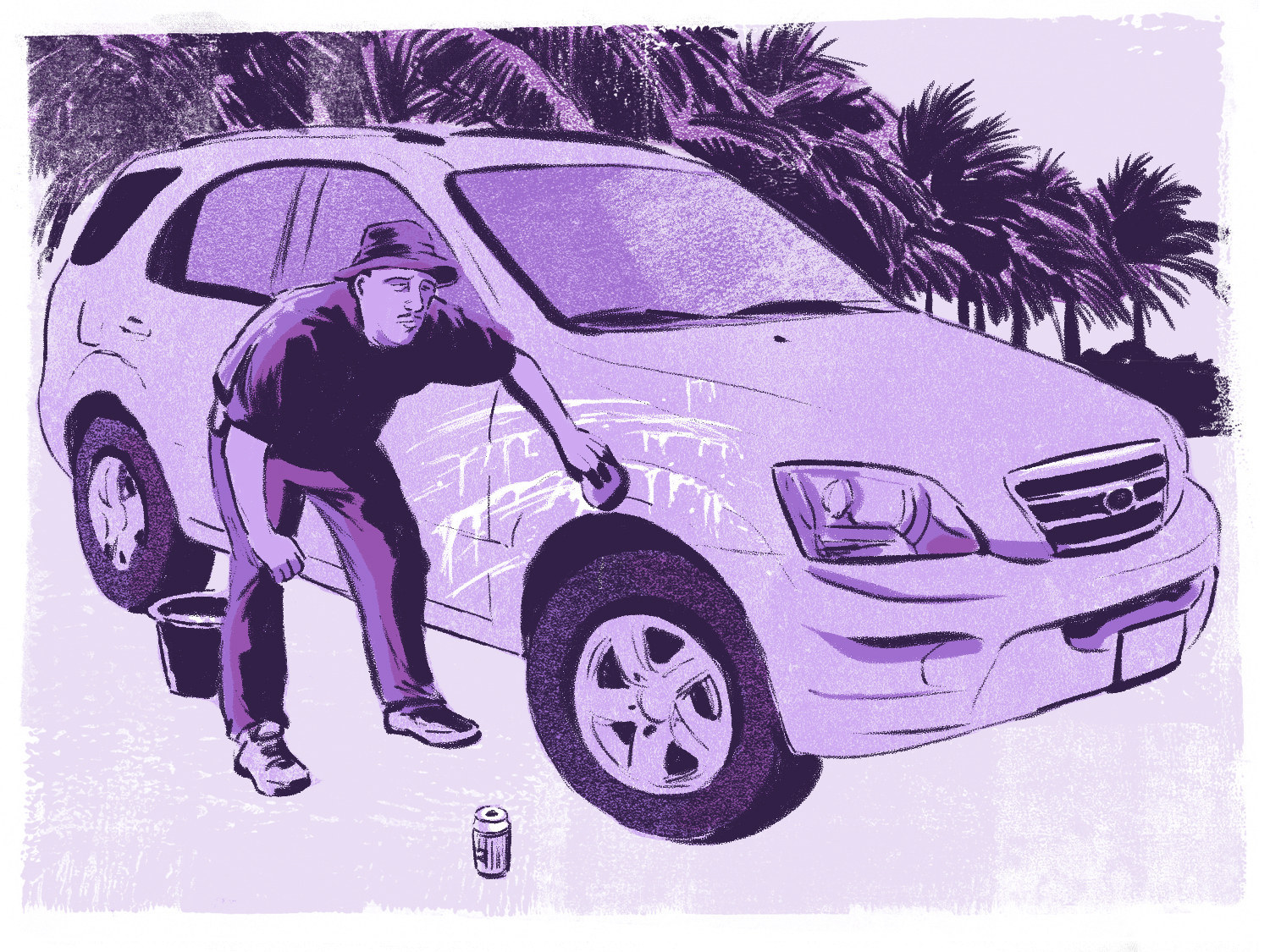
We sent multiple interview requests to Carlos DeLeon via his Facebook page and relatives, but were asked by his family not to contact them again. We also sent Carlos' family a comprehensive list of the details involving him in this story and did not receive a response. In an interview, his sister, Luz, said her brother wasn’t the villain he’d been portrayed as. She described him the same way she described her father — friendly, gregarious, “a people person,” she said. “He’s been the best brother I’ve ever had.” She suggested that the sexual assault case against him had been improper, and said the alleged victim had apologized to her for what had happened to Carlos. Still, she added, “He did his time. Now he’s living his life.”
That life, at least in part, is in Puerto Rico, Luz said, where he moved after an accident at a factory job that left him with nerve damage. From there, he maintains a busy Facebook profile that’s updated with his daily rituals: Here’s Carlos washing his SUV, his “baby,” he calls it. Here he is hanging out with women in skimpy bikinis at the beach. Now he’s working in the yard, or drinking Medalla, or frying tostones, or baking cakes. There are lots of emoticons — “feeling happy,” “feeling pumped,” “feeling blessed” — and lots of brief, affirmational comments accompanying the photos. “God bless you all” is a favorite. “Who says men cant [sic] cook” is another.
"He did his time. Now he's living his life."
It’s hard to square it with the cold-blooded version of DeLeon presented in court, or in the thick white binders that comprise O’Donnell’s investigation. It’s lighthearted and fun-loving, like a beer commercial. Luz said that Carlos had had a rough time — that “they dirty his name so much” — and maybe this is just what someone does after being accused of having something to do with the murder of his own father. Leave town. Hang out at the beach. Cook a lot.
Not surprisingly, Luz rejects the possibility that her brother had anything to do with the killing. She's also deeply suspicious of Jerry O’Donnell. But she seems unconvinced that George Gould, the man who is again behind bars for the murder of her father, is actually guilty. (Gould referred us to his attorney who, despite repeated requests, did not make Gould available for an interview.)
“If he’s back in there, they have their reasons. I’m not here to say yes he did it,” she said. “In my dreams, I ask every single night — tell us who did it.” The case, she said, remains a puzzle. “There’s a piece always missing. We would love to know who the piece belongs to.”
